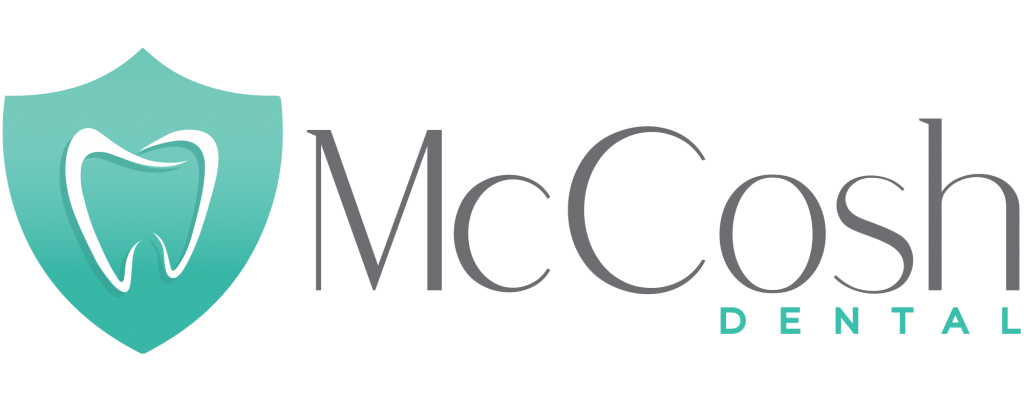One question dentists often get from their patients is whether or not chewing gum is bad for their teeth. The answer depends on a number of different factors including the type of gum and how often and how long it is chewed.
People have been chewing gum or things like gum for thousands of years because it offers a number of unique benefits. First, chewing gum actually can help remove plaque, food particles, and other unwanted substances from both the surfaces and between your teeth. Second, modern gum typically includes mint or other flavoring agents that can help freshen breath.
Finally, gum chewing is a natural appetite suppressant. If you are a little hungry, putting a stick of gum can help alleviate hunger pangs at least for a little while.
Good Gum vs Bad Gum
If you are going to chew gum, it’s probably a good idea to avoid gums that include sugars. There are so many sugar-free gums today that offers all of the benefits without any of the drawbacks of sugar consumption.
Like other sugary foods, gums that are high in sugar can actually help destroy the protective layer that preserves your teeth. They also can temporarily cause a spike in your blood sugar, which can give you a quick sugar rush but which usually is followed by a sugar “crash”.
Sugar-free gums use artificial sweeteners to provide their distinctive flavor. Most of these won’t harm your teeth or influence your body’s natural insulin production, which is what controls blood sugar.
Overdoing It
Gum chewing can be habit-forming. So if you start chewing gum to freshen your breath you may find your self reaching for a stick of gum more frequently.
Chewing gum for too long can also overwork the muscles of the jaw and tongue, resulting in a minor soreness. A good plan is to be conscious of how often and how long you chew gum and spit it out once it’s flavor is completely gone.



